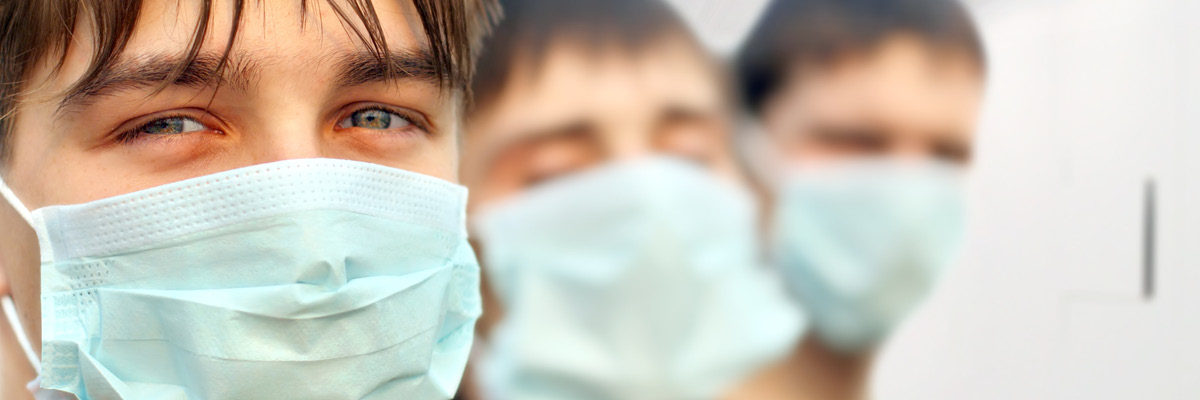

SUNDAY, Sept. 24, 2023 (HealthDay News) -- Piercings can be a fun way to express yourself, but they can also cause complications — particularly in areas that aren’t the earlobes — and need proper care.
“The first step to caring for your piercing is choosing a qualified piercer,” said Dr. Steven Daveluy, an associate professor and program director at Wayne State Dermatology in Michigan. “Select an experienced piercer in a licensed studio. Then, properly care for your new piercing afterward to prevent problems, such as an infection or your piercing closing.”
Daveluy and the American Academy of Dermatology offer these recommendations that people can follow to help ensure piercing success.
You may be developing a scar called a keloid if you see the skin around the piercing becoming raised.
“If you think you have an infection and your symptoms don’t resolve quickly, make an appointment to see a board-certified dermatologist,” Daveluy said.
More information
The Association of Professional Piercers has more on caring for new piercings.
SOURCE: American Academy of Dermatology, news release, Sept. 20, 2023
Robitussin Honey Cough Syrup Recalled Due to Fungal Threat
Antibiotics Probably Won't Ease Your Cough, Even If Infection is Bacterial: Study
Saltwater Drops in Nose Could Shorten Kids' Colds
Feed a Cold and a Fever, Experts Say
How To Fight Common Wintertime Respiratory Viruses